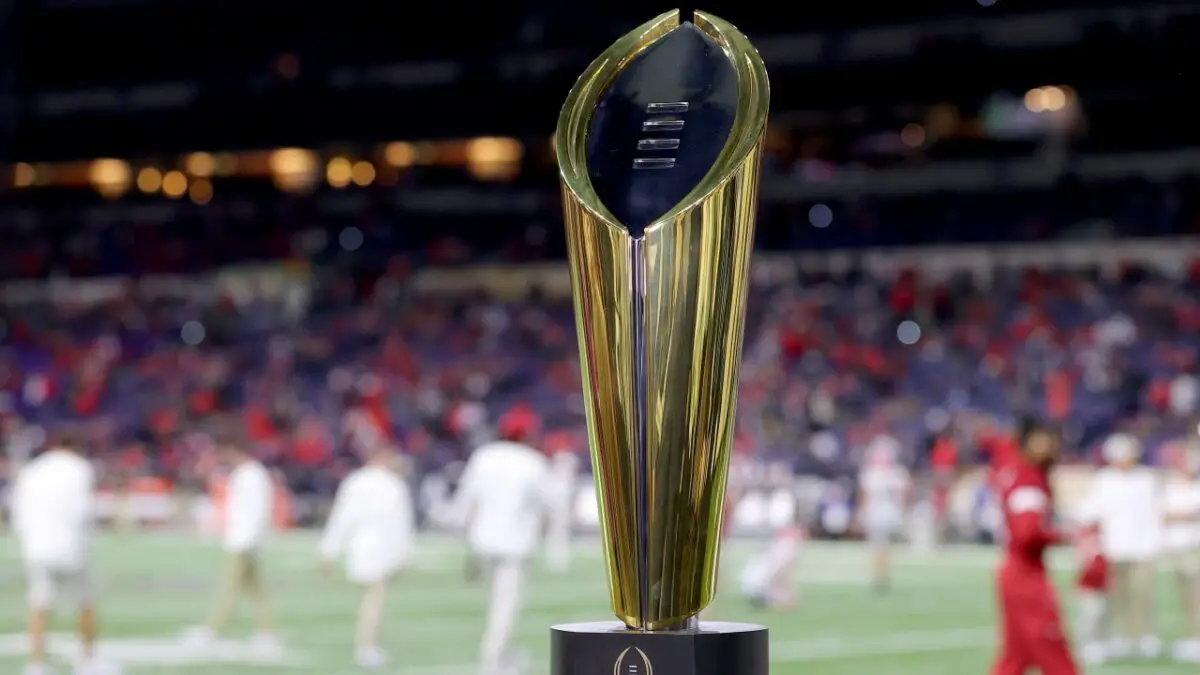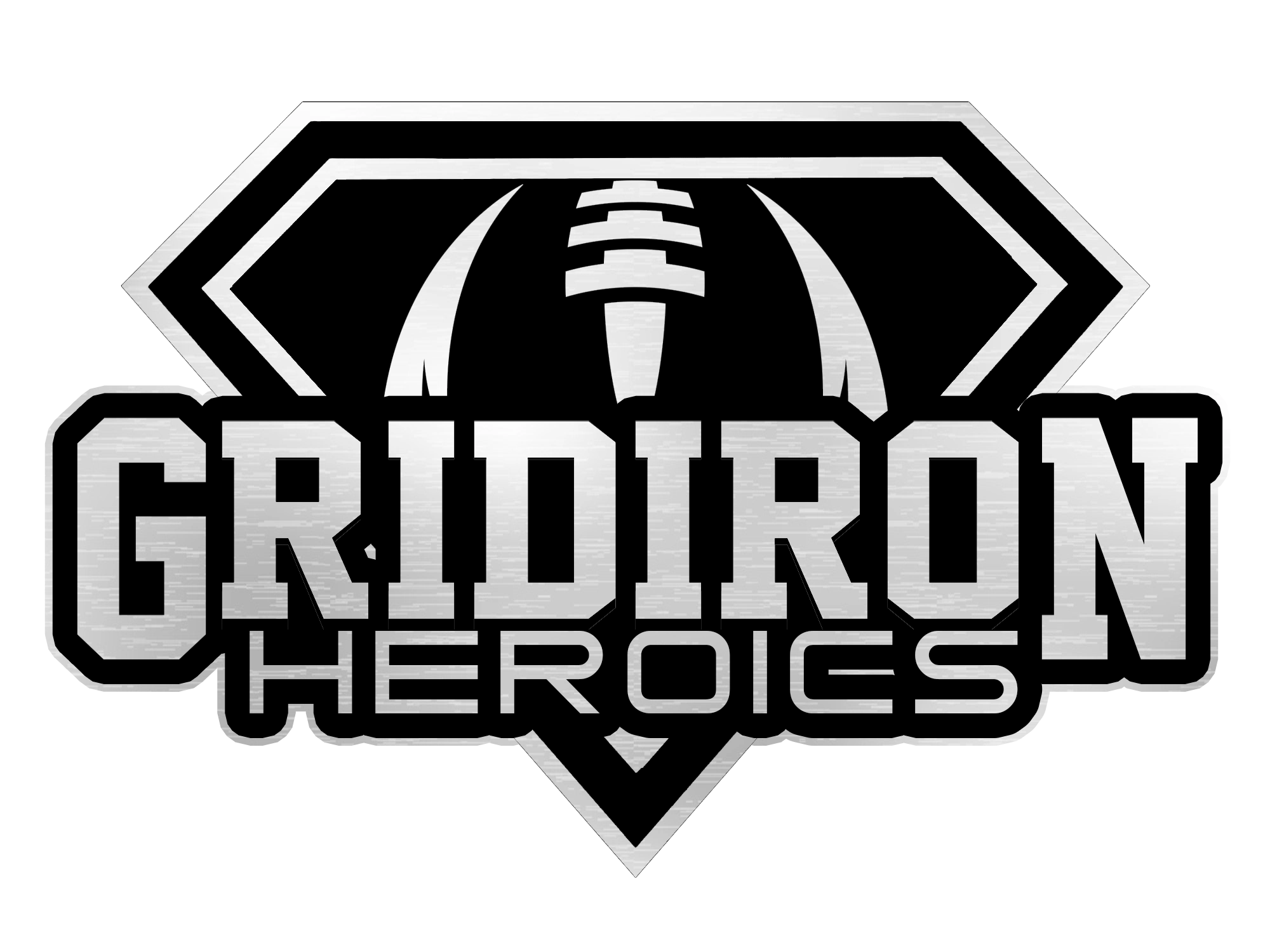According to The Athletic, a group of college presidents and sports executives are proposing a potential “Super League” to fix the current state of college football.
The NFl’s second-in-command, Brian Rolapp, along with Syracuse chancellor Kent Syverud and West Virginia president Gordon Gee make up a portion of a group called “College Sports Tomorrow” (CST). The group, which is made up of 20 people in similar positions, envisions a future separate from the current state of college athletics.
How CST’s new CFB system would work

The new CFB “Super League” would consist of the members of what was formerly the Power Five, along with the Notre Dame Fighting Irish and the SMU Mustangs, who just joined the ACC.
This means the former Pac-12 teams would be permanent members of the league, along with the Big Ten, SEC, ACC and Big 12 teams. Those teams would be grouped into seven 10-team divisions.
There would be an additional division for non-permanent members to fill out based upon a promotion system, similar to that of the Premier League. Playoffs would be determined by division record, just like the NFL.
Despite being proposed by a committee of more than respectable names in the sports world, the “Super League” is not gaining traction. Many of the higher-ups don’t want to anger their broadcast partners by entertaining the idea of an entirely new league.
One important aspect of the league would involve the direct payment of athletes, rather than the current roundabout payment system that is the NIL method. Lead CST organizer, Len Perna, explained in The Athletic how that payment relationship would work.
“The only way to solve the problem is to have a solution that is legally defensible, politically acceptable, commercially prudent and is able to strike a partnership with student athletes in a way that’s really good for them,” Perna told The Athletic.
Why is the current CFB system ‘dead’ and how does NIL play a part in that system?

Two aforementioned members of the CST, Syracuse chancellor Kent Syverud and West Virginia president Gordon Gee explained what they think about the current state of CFB in the same article from The Athletic.
“The current model for governing and managing college athletics is dead,” Syracuse chancellor Kent Syverud told The Athletic during an interview.
West Virginia president Gordon Gee added, “We are in an existential crisis.”
NIL is uncharted territory for college sports as it has only been around for a few years. Instead of paying players directly, NIL allows players to be paid through brand deals and use of their name, image and likeness.
This means that teams are trying to lure players to come to their school in roundabout ways that are not easily trackable. One way this causes issues is that there is no set of rules that enforce the fulfillment of these brand deals.
One example is Alabama Crimson Tide offensive lineman Kadyn Proctor. Proctor entered the transfer portal after the season and committed to the Iowa Hawkeyes, reportedly receiving hundreds of thousands of dollars in NIL money. Proctor proceeded to go back to Alabama before coming anywhere close to playing for the Hawkeyes. He never had to pay that money back.
Kadyn Proctor did Iowa so dirty😂😂 pic.twitter.com/PLAi22IsNi
— The Owl (@TheOwl_LOB) March 19, 2024
The same lack of fulfillment could easily occur the other way around. The NIL deals are not associated with the particular schools, meaning a promise of money could easily not be fulfilled with no repercussions.
Instead of trying to crack down on the lack of regulation involved with the current state of NIL, the CST just wants to start over with a “Super League.”
Get More NFL and College Football Content
For more news and trends in the college football world, click here or follow me on Twitter @KusleikaAndrew.




